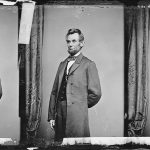For history buffs, every day offers another opportunity to discover the rich, fascinating stories of the past. April 13 is no exception.
From sports to space and from music to memorials, the historic events that occurred on April 13 will enrich your understanding of history. Here are 10 events that all took place on April 13.
Apollo 13’s Oxygen Tank Exploded – 1970
The seventh crewed space mission of NASA’s Apollo Space Program, Apollo 13 blasted into orbit around the Moon on April 11, 1970. Two days later, on April 13, during a routine maintenance task, an oxygen tank on the spacecraft. The life support system was disabled, putting the crew of the Apollo 13 – Jim Lovell, Jack Swigert, and Fred Haise – in grave danger.
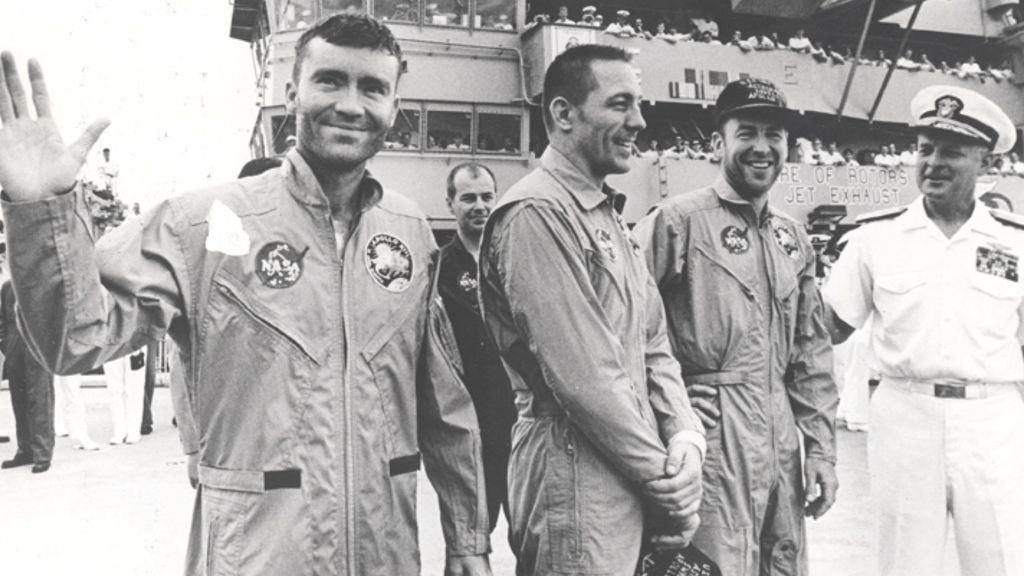
Swigert uttered the now-famous line, “Houston, we have a problem.” NASA’s mission controllers scrambled to find creative solutions to keep the crew alive while they worked to bring the ship safely back to Earth. The three men successfully splashed down on April 17, 1970. The Apollo 13 incident showcased the ingenuity of NASA’s engineers.
Franklin Roosevelt Dedicates the Jefferson Memorial – 1943
Although the commission of a memorial honoring Thomas Jefferson was made in 1935, the work on the classically designed monument didn’t begin until 1938 after Congress approved the $3 million budget.

President Franklin D. Roosevelt hosted a dedication ceremony on April 13, 1943 – the 200th anniversary of Jefferson’s birth. He declared, “Today in the midst of a great war for freedom, we dedicate a shrine to freedom.”
One Canadian Soldier Single-Handedly Captured 93 German Soldiers – 1945
Canadian soldier Leo Major went alone into a town in the Netherlands and stumbled upon an encampment of about 100 German soldiers. Major captured one German and used him to lure others into his trap. In the process, Major shot and killed three of them.
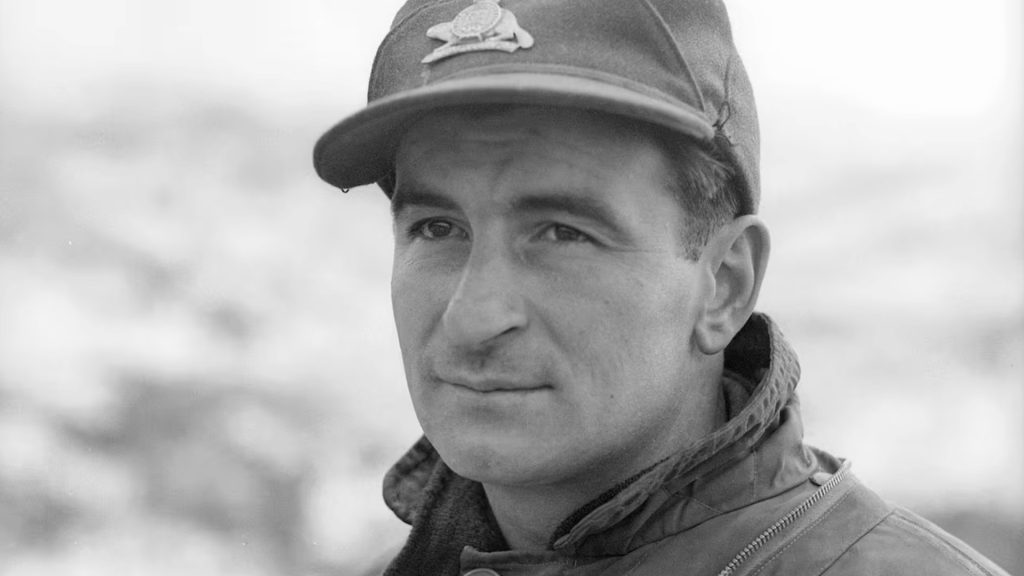
A few other German soldiers were killed by SS troops in the area. But Major managed to capture 93 German soldiers by himself and march them to his commanding officers at the Canadian front lines.
Sidney Poitier Wins a Barrier-Breaking Oscar – 1964
Bahamian-American actor Sidney Poitier shattered racial barriers by becoming the first Black actor to win an Academy Award in the Best Actor category. He earned his historic Oscar on April 13, 1964, for his role in the 1963 film, Lilies of the Field.
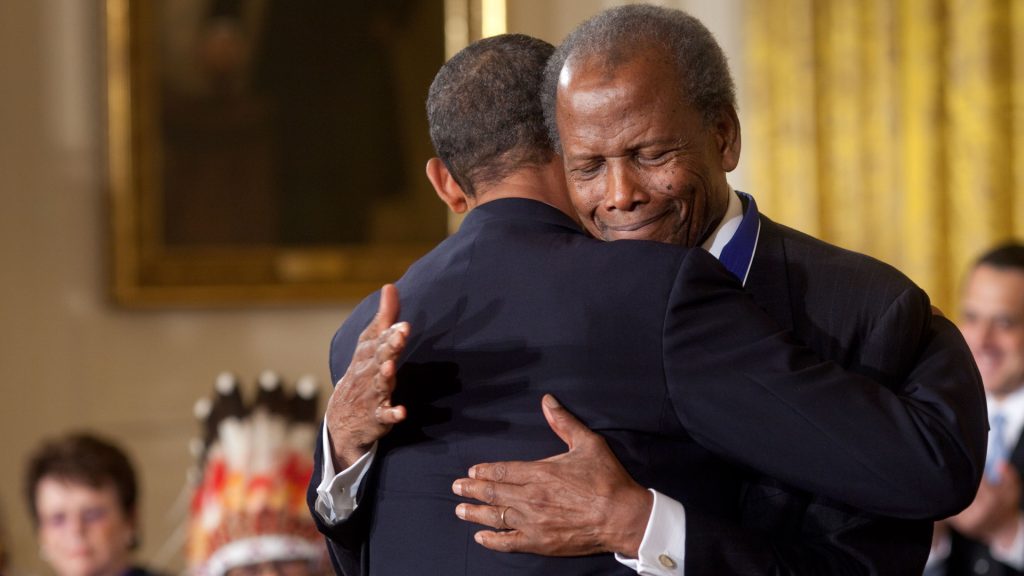
Poitier beat out some tough competition. The other nominees for this award were Albert Finney for Tom Jones, Rex Harrison for Cleopatra, Paul Newman for Hud, and Richard Harris for This Sporting Life.
A Freak Hail Storm Killed 1,000 Soldiers and 6,000 Horses – 1360
During the Hundred Years’ War, which actually lasted from 1337 to 1360, the English army marched to the gates of the French city of Chartes on April 13, 1360, and made camp for the night.
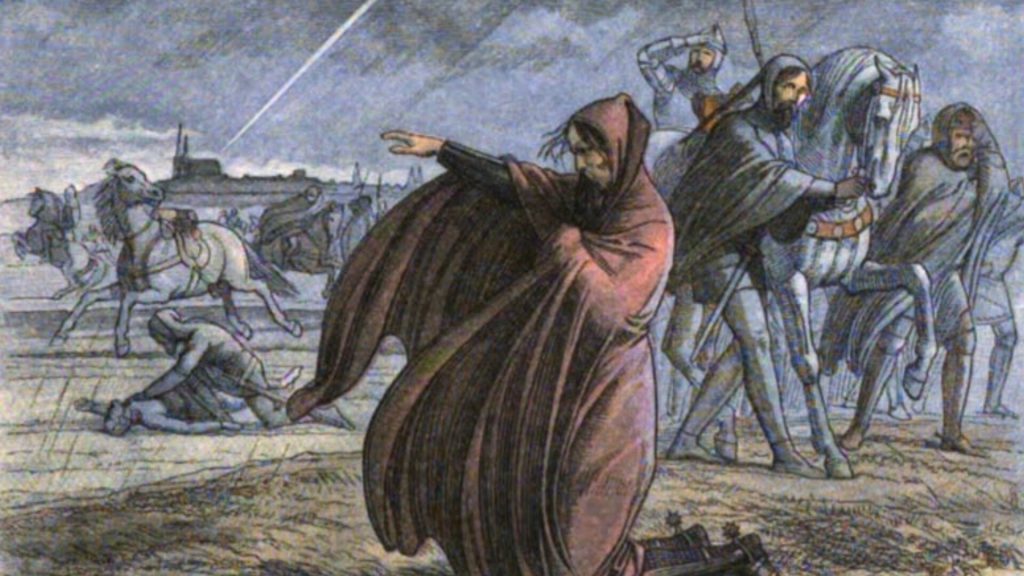
A sudden freak storm blew in, bringing a devastating amount of hail, wind, and lightning. It was over in about a half hour, but in that short amount of time, almost 1,000 English soldiers and about 6,000 horses were killed. The bizarre storm caused more English deaths than any of the previous battles of the war.
21-Year-Old Tiger Woods Won the Masters – 1997
On April 13, 1997, Tiger Woods made golf history in two ways when he won the Masters Tournament. Then just 21 years old, Woods became the youngest golfer to win the coveted golf event.
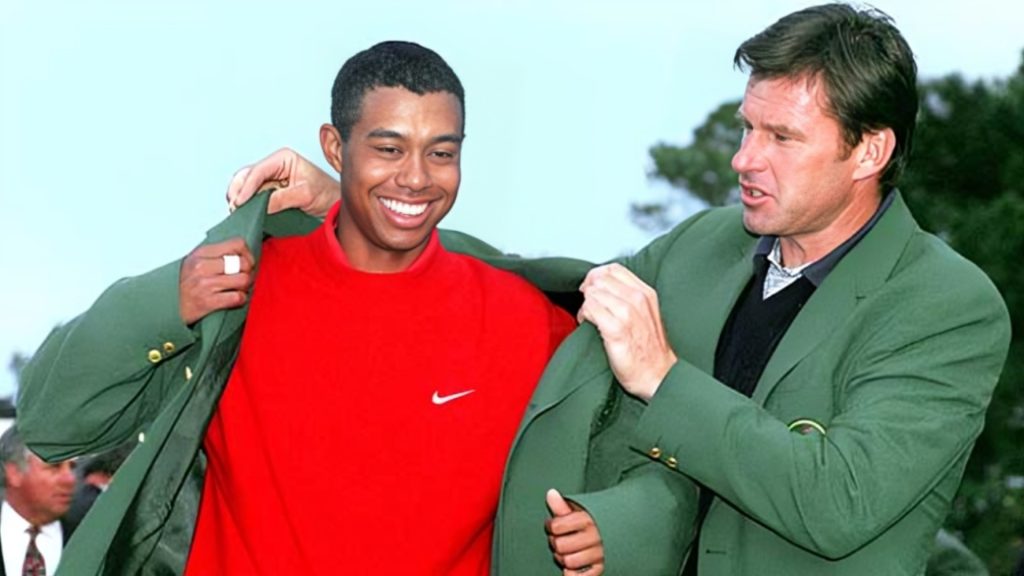
That win also marked the first time an African American golfer won a major golf title. Widely considered one of the greatest golfers of his generation, Woods went on to win the Masters four more times during his career.
The Met Opened in New York City – 1870
A jewel of New York City, the Metropolitan Museum of Art opened its doors on April 13, 1870. Known simply as “The Met”, this facility has become one of the largest and most beloved art museums in the world. Its collection covers more than 5,000 years of world art.
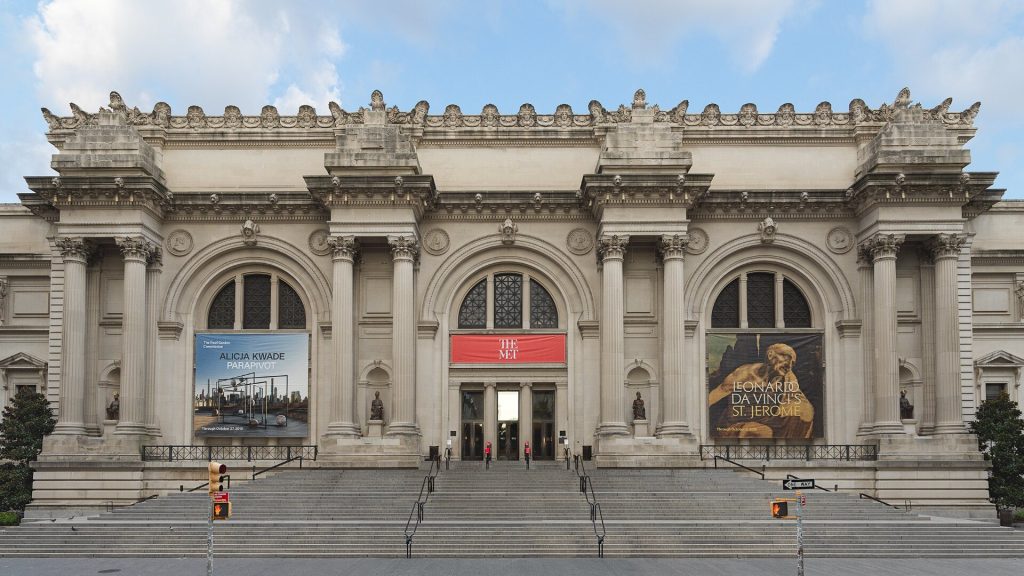
Millions of guests per year visit The Met to admire the paintings, textiles, sculptures, and artifacts that have been collected from around the world. Housed in an iconic Beaux-Arts-style building, the museum aims to educate visitors about the cultures and genres represented at the museum.
Phil Spector Convicted of Second-Degree Murder – 2009
Phil Spector, who has been called the most influential person in the history of pop music, was convicted of second-degree murder on April 13, 2009, for the death of actress Lana Clarkson.

Clarkson was shot in the mouth at Spector’s California home on February 3, 2003. Spector’s personal driver reported that he saw Spector with a gun in his hand and heard him say, “I think I killed someone.” After he was found guilty on April 13, 2009, he was sentenced to 19 years in prison.
Fort Sumter Fell to the Confederates – 1861
When Fort Sumter, which was built on a manmade island near Charleston, South Carolina, was attacked and defeated by Confederate troops on April 13, 1861, it marked the first victory for the South and the starting point of the Civil War.
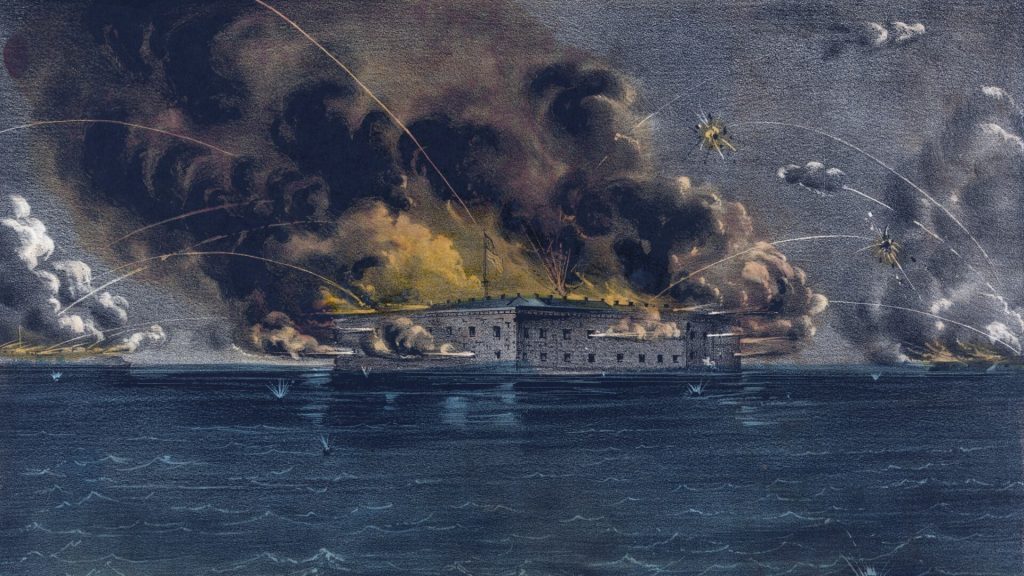
The Confederates bombed Fort Sumter for 34 hours straight before the Union soldiers finally surrendered. Today, the fort is open to the public as a national historical park.
Robert Oppenheimer Was Accused of Being a Communist – 1954
Robert Oppenheimer, the director of the Manhattan Project that developed the atomic bomb, fell victim to the Cold War anti-communist McCarthyism. On April 13, 1954, he was accused of being a communist, in part because of his past relationship with girlfriend Jean Tatlock, a confirmed communist.
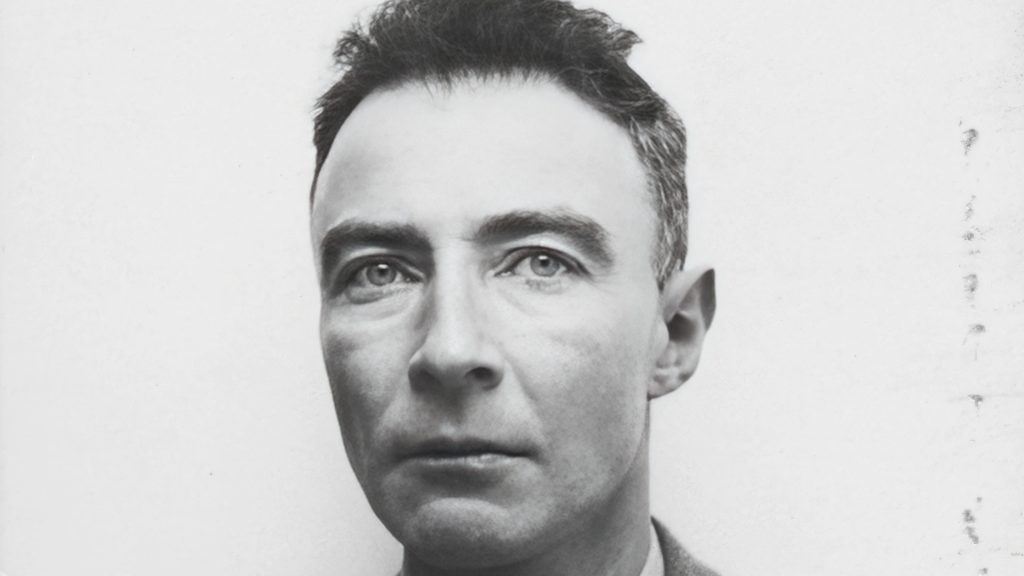
The allegations sparked an extensive investigation into Oppenheimer’s background and known associates. His high-level government clearance was revoked, and he ended his relationship with the U.S. government.



